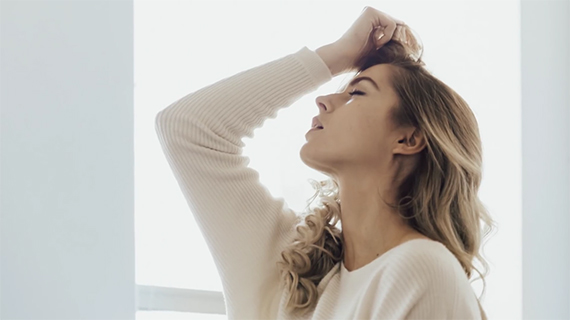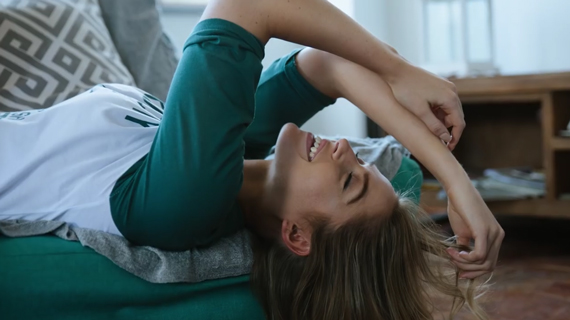Leave out all the technicalities involved in taking a photograph, and it’s composition that makes or breaks an image. No matter how technically complex your photo may be, if the composition isn’t good, the photo is a failure. Photographer Sheldon Evans sheds light on some mistakes that photographers should avoid when composing an image:
Evans makes it clear that these aren’t rules that must be followed hard and fast; they’re merely some guidelines that will help you in getting better results. He even advises you take his guidelines with a grain of salt. Let’s dive right in.
Not Doing Background Checks
Doing a background check on the model for any criminal records might be a good idea, but that’s not what we’re concerned about here. During photo shoots, be wary of the elements that are behind the model or in the model’s surroundings that can intersect with the model’s face and body. These are some things to look out for:
- lines going through the subject that appear to be splitting the subject
- branches, wires, or poles coming out of the subject’s head
- horizon going through the subject’s neck or head

To avoid background issues, you can either reposition yourself or the model, or widen the aperture to blow the background away. You can even step the game up and try to use the lines to your advantage. See if you can form a frame out of the intersecting lines, and try to place the subject within that frame to make the photograph even more appealing.
Lack of Breathing Room
If the subject is facing in a direction without much space in the frame, the image seems out of balance; it might feel suffocating and uneasy. The edge of the frame can act as a barrier between the wall and the surrounding of the image.
Fix this issue by asking the model to turn the other way or recompose so the model is facing the edge of the frame with more space.

The image on our right seems much more comforting due to the breathing space that the model has in the direction she is looking.
Photographers tend to leave way more head room than necessary. Don’t leave too much space above the model’s head. Either compose the shot by moving in a little closer or crop in by using the rule of thirds.
Amputations
Amputation occurs in photography when you compose or crop the image in such a way that the subject ends up having some part of his/her body cut off. Most of the time you can solve this issue by using a shorter focal length or stepping back a bit to accommodate all of the subject. But if there are constraints that prevent using these fixes, you can crop the subject in safe zones, like the areas between joints or mid-abdomen. Cropping the subject at joints like the elbows, neck, wrists, knees is strictly a no go.

An example of a good crop
Cropping can be done in a variety of ways, and each crop can make the photograph look a little different. So experiment.
“Remember that these are just guidelines. While there are some rules in photography, often the photographs that break those rules are the ones that are most effective. First understand and then break them.”
Just going through these guidelines, articles, and videos won’t instantly improve your photographs unless you put your findings into practice. Be sure to get out there and try out these techniques!
Go to full article: Composition Mistakes to Avoid as a Photographer
What are your thoughts on this article? Join the discussion on Facebook
PictureCorrect subscribers can also learn more today with our #1 bestseller: The Photography Tutorial eBook
The post Composition Mistakes to Avoid as a Photographer appeared first on PictureCorrect.
from PictureCorrect http://bit.ly/2ESHQNs
via IFTTT






0 kommenttia:
Lähetä kommentti